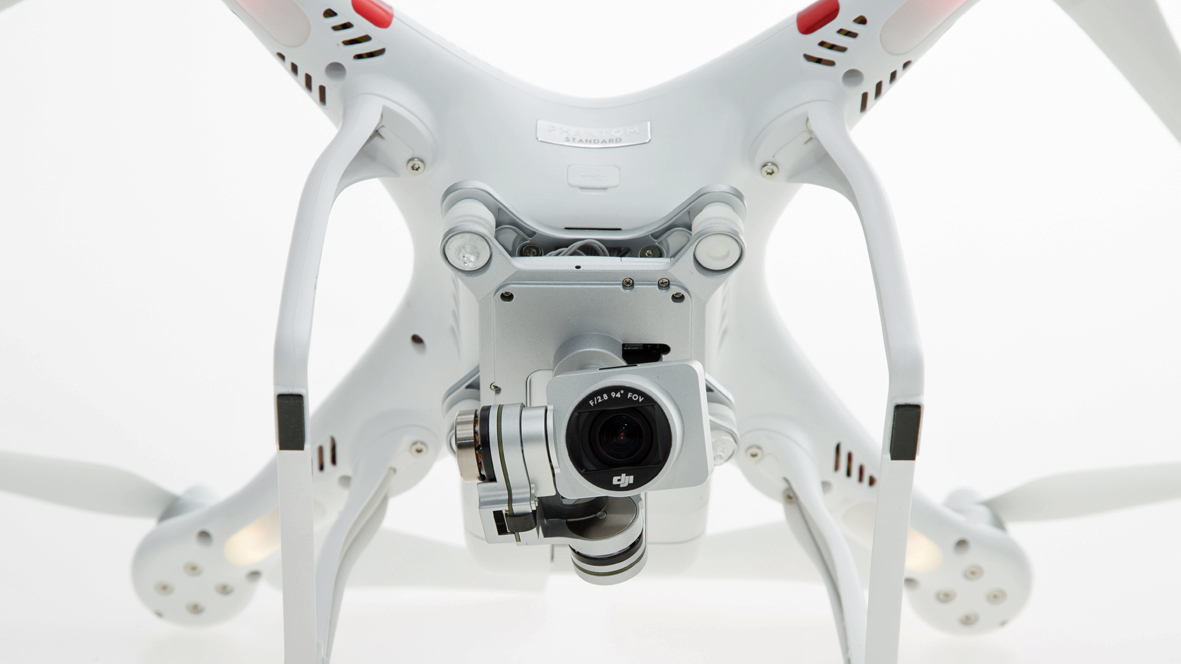Google wants you to Skype with a drone in the future
A new twist on the video call

You might think there's not much room for innovation when it comes to video conference calls, but Google would beg to differ - the tech giant has just been awarded a patent for hovering drones with a video feed attached, so even if your boss isn't physically in the boardroom, his face can still float in.
The device could plug into Skype, Hangouts or some other similar service with the aid of a phone attached to the drone itself, Google says, or via a phone connected wirelessly from somewhere else in the room.
Of course there are benefits for the person at the other end of the line, too - thanks to their drone they can hover around the room or even wander through the office corridors rather than staying stuck in one place.
Flying holograms
Another version of the drone system Google has patented uses a projection camera to beam a sort of hologram underneath it: sometime in the future you could be talking to a flickering, holographic image of your friend thanks to your quadcopter, Skype and Google's idea.
As always with patent applications, don't read too much into this - these filings are really just indications of the areas companies are exploring, and they don't always get to the stage where consumers can actually go out and buy them.
Google would also have to work out how to make drones quieter and less distracting if you're going to be able to focus on what your contact is trying to say. Still, it sounds more exciting and futuristic than your average FaceTime chat.
Check out one of the best drones we saw at CES 2016:
Sign up for breaking news, reviews, opinion, top tech deals, and more.
Via: Quartz

Dave is a freelance tech journalist who has been writing about gadgets, apps and the web for more than two decades. Based out of Stockport, England, on TechRadar you'll find him covering news, features and reviews, particularly for phones, tablets and wearables. Working to ensure our breaking news coverage is the best in the business over weekends, David also has bylines at Gizmodo, T3, PopSci and a few other places besides, as well as being many years editing the likes of PC Explorer and The Hardware Handbook.